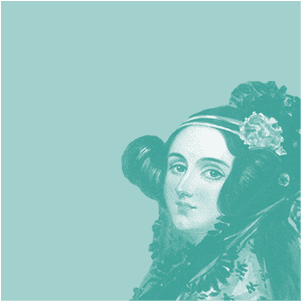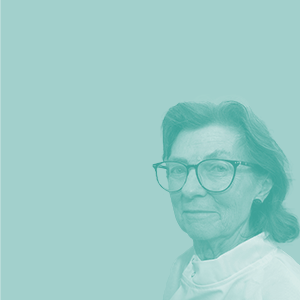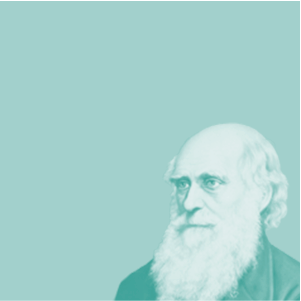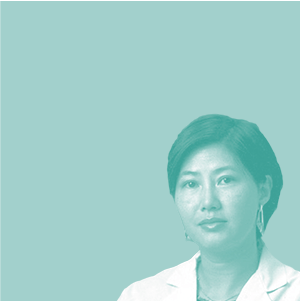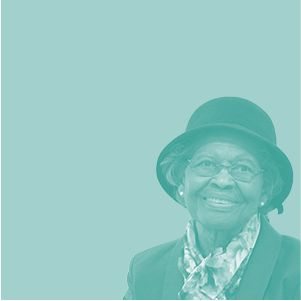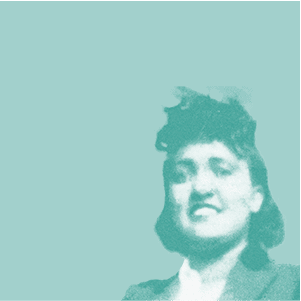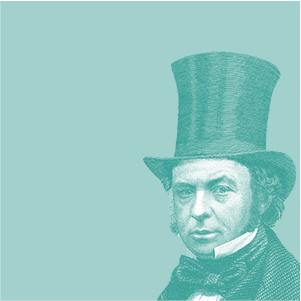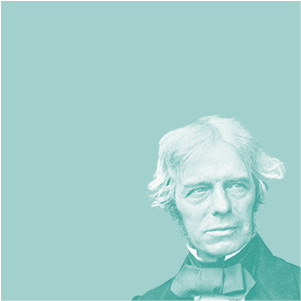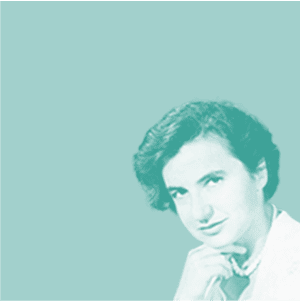Alan Turing
23 June 1912 – 7 June 1954
Dr. Alan Mathison Turing OBE FRS was a British mathematician, logician and cryptographer known for breaking the wartime Enigma code during World War II.
Born in Paddington, Turing’s parents sent him to public schools with the hope he would study classics, the most acceptable pursuit for gentlemen at the time. However, Turing’s scientific and innovative mind meant he struggled to achieve good grades as many of his answers were unconventional and he carried out scientific experiments following his own agenda. Despite his difficult school years, Turing entered King’s College, Cambridge in 1931 to study mathematics.
Often considered the father of modern computer science, Turing was famous for his work developing the first modern computers and decoding the encryption of German Enigma machines during World War II. Turing’s most famous work – a paper asking “can machines think?” – detailed a procedure to determine whether a machine could imitate human conversation. Known as the Turing test, this became a foundational part of AI.
Turing was not closeted in his social circles, however his identity as a gay man was at odds with British laws at the time and he was arrested and charged with “gross indecency” in 1952. Turing’s statements following his arrest were unapologetic as he did not believe his sexuality should be against the law and, following a guilty plea, he was punished with chemical castration. His conviction led to the removal of his security clearance and barred him from continuing his cryptographic consultancy for the government.
Turing took his own life in June 1954. He received a public apology for his prosecution from the British government in 2009 and the Queen officially pardoned Turing in August 2014. Turing’s law is part of the Policing and Crime Act 2017, an amnesty law to pardon men who were cautioned or convicted under historical legislation that outlawed homosexual acts.
In 2019, Turing was chosen to be the face of the new £50 note and the first Turing £50 was issued in 2021.
